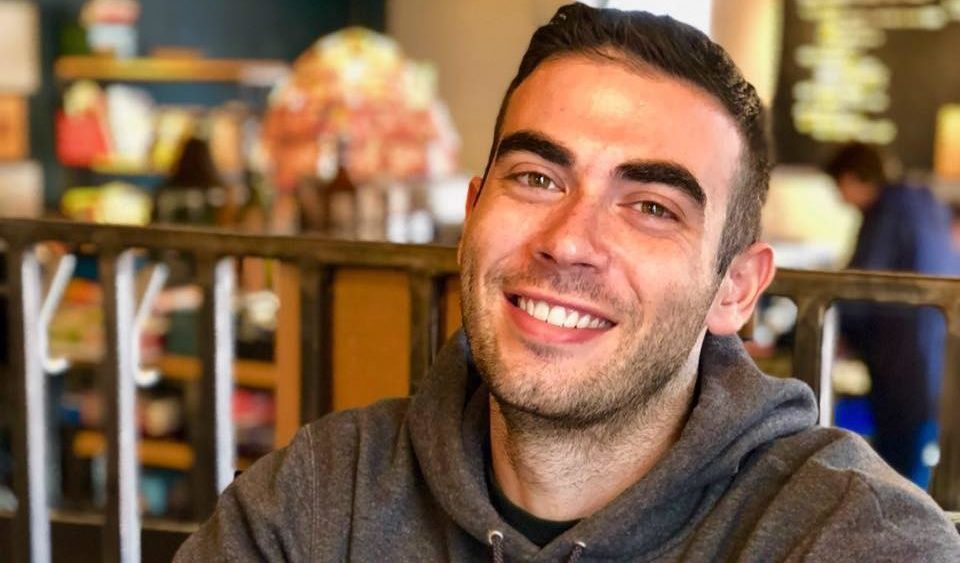This is the tenth installment of our Alumni Spotlight series, which features interviews with former IRAP students who have become strong advocates and leaders in their fields of practice.
Meet Joshua Pickar, former Member of the IRAP chapter at University of Chicago Law School, and current Litigation Associate at Debevoise & Plimpton LLP.
The views expressed here are entirely his own.
How did you become involved with IRAP and how did IRAP impact your law school experience?
During my 1L summer, I worked at the Department of Justice in the Office of the General Counsel for the Executive Office for Immigration Review and had some exposure to immigration law. I transferred to the University of Chicago as a 2L. Coming into such a small school where nearly everyone already knew each other was intimidating, and I wanted to find a way to meet people. I had heard about IRAP as a 1L but did not feel like I had the time to get involved. At Chicago, joining IRAP was the perfect way to meet people and work on a cause I cared about. As a gay man, I had a particular desire to work on cases involving LGBTQ persons. I reached out to Maia Lamdany, who was the director of the Law School’s IRAP chapter at the time, and told her I would like to work on an LGBT case. It turned out that Maia was already advocating on behalf of a gay man from Iraq and invited me to join the team.
While classes changed from term to term of my 2L, the work for our IRAP client continued into the fall of 3L, at which point our client was granted resettlement. The experience of advocating for a client—my first client—greatly influenced the approach I took to later client work in the U.S. Supreme Court and Appellate Advocacy clinic in law school.
IRAP has a unique model of partnering law students with pro bono lawyers — please describe your experience working with attorneys on urgent refugee resettlement cases.
IRAP’s unique model of pairing law students with attorneys allowed myself and my partner ample ability to practice our lawyering skills with a client in a way that is otherwise difficult to find in law school. The attorneys I worked with were supportive and deferential to my opinions and analysis and treated me as a full member of the team. I was able to make the first attempts of drafting all of our filings as well, receiving ample feedback. Working with IRAP improved my skills as a lawyer substantially.
What have you been doing since you graduated from University of Chicago Law School?
I graduated from the University of Chicago Law School in June 2017. After graduating, I worked at Debevoise & Plimpton in New York as a summer associate. I then attended the University of Oxford on a Rhodes Scholarship where I studied comparative politics in Balliol College. My dissertation focused on the Eighth Amendment prohibition on cruel and unusual punishment in prisons. During the summer of 2018, I was a legal intern in the Criminal Law Reform Project at the national office of the American Civil Liberties Union. Now, I am a litigation associate at the New York office of Debevoise & Plimpton, focusing on commercial litigation.
In what ways has your involvement with IRAP in law school impacted your career?
My work with IRAP has pushed me to seek out further opportunities to advocate on behalf of refugees. As a summer associate at Debevoise, I was able to work on two asylum cases. Currently, I am fortunate to be working on a case at the intersection of immigration and criminal law. Going forward, I hope to have more opportunities to work on public interest cases in the immigration space.
At a time when refugees are more politicized than ever, how do you engage with the issue on a personal level?
Over the course of the past year, the many policies of the Trump administration have brought immigration to the forefront of American politics. This has led to intense conversations with friends and family, both at Oxford and at home, about the proper level of immigration to the U.S. Through these conversations, I realized that a number of my friends would have been “Dreamers” had we been only a few years younger. It has been shocking for me to learn how many friends could have been deported because of this administration’s policies. These realizations have pushed me to better understand the politics and history of immigration in order to better advocate for refugees and stateless people at home and abroad going forward.




Comments are closed.